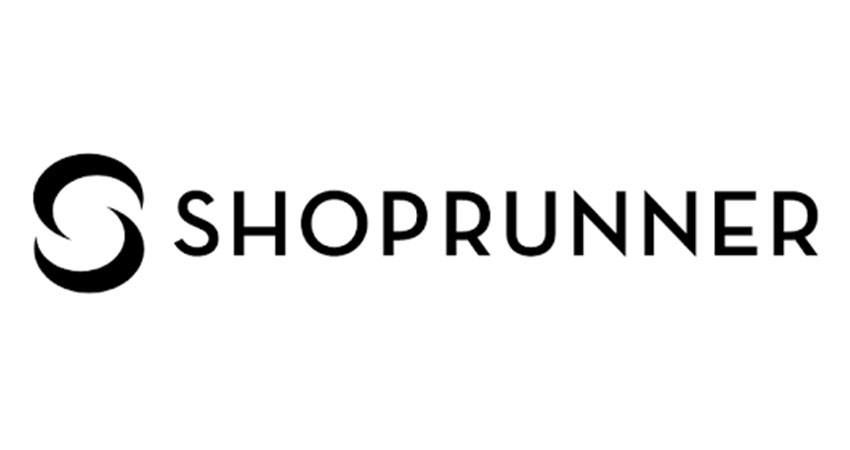FedEx is acquiring ecommerce platform ShopRunner, which offers subscribers guaranteed two-day delivery for $79 a year, looking to bolster its ecommerce offerings and bulk up in the battle against ex-partner Amazon, which is expected to restart third-party fulfillment in 2021.
ShopRunner, based in Chicago, will be operated as a subsidiary of FedEx Services, which provides technology and solutions in ecommerce and global supply chains.
“The acquisition, once closed, aligns with our continued efforts to create an open, collaborative ecommerce ecosystem that helps merchants deliver seamless experiences for their customers,” said Raj Subramaniam, president and COO of FedEx and heir apparent to chairman and CEO Fred Smith, in a release. “We are committed to growing the ShopRunner platform and combining it with our global digital and logistics intelligence to create new possibilities in ecommerce.”
FedEx hope is that ShopRunner’s data-driven marketing and omnichannel enablement, combined with FedEx’s global digital data and logistics intelligence, will give its retail and ecommerce customers “greater control over consumer engagement and the capability to delivery against shopper ecommerce expectations, such as free two-day delivery and free returns,” said FedEx spokesperson Shannon Davis.
Many have seen ShopRunner as competitive with Amazon Prime, with its $119 per year subscription offering and tons of perks – like, for instance, free one-day delivery and free returns. But ShopRunner’s CMO told Forbes in 2018 that more than two-thirds of its members also belong to Prime. It does, however, allow FedEx to offer an alternative subscription service.
Another interesting note is the fact that rival UPS invested in ShopRunner in 2019, even offering trial subscriptions to customers of its app-based Access Point service, which provides thousands of locations for parcel pickup and returns.
Analysts saw the move as a way for FedEx to boost its ecommerce value proposition as Amazon grows ever more dominant and pushes into logistics as well as pretty much everything else.
Charles Moore, VP of parcel solutions for Transportation Insight, called out a number of FedEx moves, including the acquisition of Genco, expansion to seven-day delivery this year, severing ties with Amazon in 2019 and moving SmartPost/USPS volume into its ground network to build density as steps toward bulking up its ecommerce strength.
“With the global parcel market positioned to more than double by 2026, fueled by ecommerce growth and further accelerated by COVID-19, both FedEx and UPS will need to continue adding value to retailers’ unichannel solutions to keep volume when Amazon opens their delivery network to third-party shipments,” Moore said.
Many have noted that Amazon has dialed back its third-party aspirations to deal with its own overwhelming pandemic-fueled demand, but believe it will return to it as soon as it’s able. This year Amazon has hired an incredible 437,300 employees from January to October and put up 75 new facilities in the U.S., while also tapping an army of 500,000 contract and gig drivers. Its smiley vans have become as ubiquitous as UPS, FedEx and the U.S. Parcel Service in many areas.
Matt Weickert, a senior professional services consultant with Shipware, said the acquisition could certainly be seen in the framework of FedEx vs. Amazon, given ShopRunner’s offerings.
“It’s an interesting move as FedEx continues to build out capabilities outside of moving packages from A to B,” Weickert said. “In this case, they’ve acquired ShopRunner’s marketing and omnichannel enablement. Basically, they’re purchasing data and ecommerce market insights with this acquisition.”
Tim Geiken, principal of Platinum Circle Partners, saw the move as a way for FedEx to aggregate demand and better access the marketplace channel. He said it was “not the first step we expected” from the major carrier.
“Both purple and brown have been very focused on where they integrate at the marketplace level to differentiate to SMB shippers,” Geiken said. “Think of them being 100% commoditized by Amazon – they won’t let that happen if they can help it in terms of marketplace strategies. They have to have a plan to deliver value into the fulfillment stream other than just being the carrier for the last mile.”
Satish Jindel, president of ShipMatrix, didn’t see the rationale for FedEx in the ShopRunner acquisition, especially as two-day delivery or less has become a basic offering.
“Retailers are starting to reduce their transit time and will soon be shipping from stores on a next-day basis,” said Jindel, a former executive of RPS, which became FedEx Ground in 2000. “They’re buying a company at the bottom of the food chain, when they should be buying one at the top, like a mini Shopify. I fail to see the value.”

